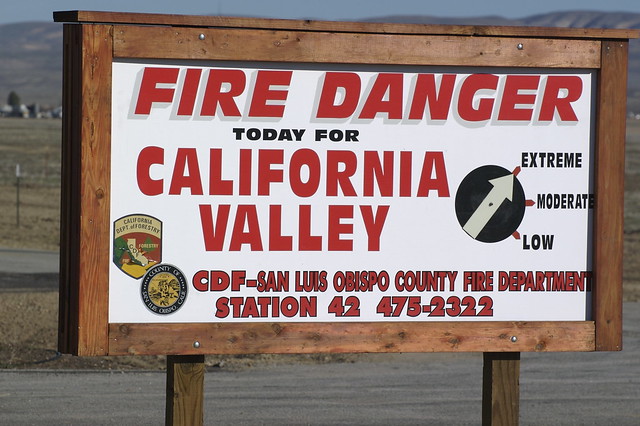Whose side are you on?
A few weeks ago I was on an industry call. We were discussing some changes coming down the pike at the ISPs and filter providers. These changes are going to cause some headache at ESPs and other places that do email but don’t provide mailboxes. During the call I ended up explaining why what the ISPs were doing made sense and how it fit in with their mission and customer needs.

At one point someone asked me “whose side are you on, anyway?” That made me think pretty hard. My first reaction was “there are no sides here, we all want the same things – recipients to get the mail they want.” But that’s not what a lot of companies in the industry want. Many of them don’t really think about the email ecosystem and how individual choices affect it.
I realised, though, that I do have a side. I’m on the side of the end user who just wants the email that they want and who doesn’t want email they don’t want. But there’s a little more to it than that. It comes down to some fundamental beliefs I have about email.
Here are a few of the things I believe:
- Users expect email to be safe.
- Mail providers have a responsibility to protect users from unsafe email
- It is better for filters to be more aggressive when it comes to safety.
- Users are possessive of their inboxes and treat it as ‘their’ space.
- Users want to receive email that they want.
- Users don’t want mail that they consider spam.
- Mailbox providers want to serve their users.
Each one of these beliefs affects how I approach deliverability and troubleshooting. They also each deserve discussion about how they affect deliverability. I’ll use this as a road map for future blog posts.
